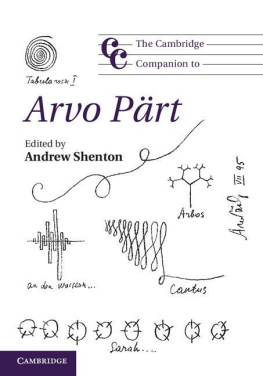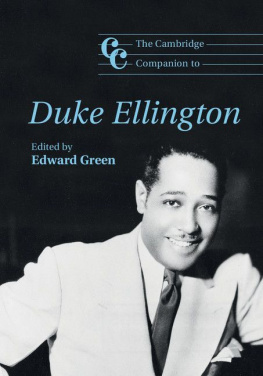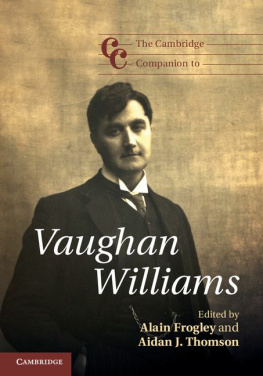Marguerite Bostonia is Senior Lecturer in Music at West Virginia Wesleyan College, teaching twentieth- and twenty-first-century music theory, piano, and organ. She is also artist keyboard faculty in Community Music at West Virginia University, where she earned a Doctor of Musical Arts. Active for over forty years as church organist and director of music, she also assisted in pipe-organ and tower-bell renovations, learning bell acoustics from carillonneur and bell-founder Richard Watson. She has presented aspects of Arvo Prt research on Russian bells and tintinnabuli at colleges, American Guild of Organist gatherings, and international conferences.
Leopold Brauneiss was born 1961 in Vienna. He studied at the University of Vienna (musicology) and the University for Music and Performing Arts Vienna (music education, piano), and received his doctorate in musicology in 1988. Since 1990 he has taught theory of music and piano at the J. M. Hauer Conservatory Wiener Neustadt; since 2004 he has been lecturer in harmony and counterpoint at the Institute of Musicology (University of Vienna); since 2006 he has held a lectureship in harmony, counterpoint and instrumentation at the Hochschule fr Musik und Theater Felix Mendelssohn-Bartholdy in Leipzig.
Laura Dolp is Associate Professor of Musicology and Coordinator of General Education Studies at the John J. Cali School of Music, Montclair State University (New Jersey). Her interdisciplinary research embraces a variety of topics, from the reception of Arvo Prt to the work of the modern dance choreographer Mark Morris. Currently she is at work on a book-length study of the historical relationship between cartography and the musical score. Her articles are featured in 19th-Century Music , the Journal of Musicological Research , Naturlaut , and Muzyka . She holds a BA from Mills College, an MA from Boston University, and a PhD in Historical Musicology from Columbia University. For more information see http://LauraDolp.com.
Jeffers Engelhardt is an ethnomusicologist whose research deals with music and religion (particularly Orthodox Christianity), the musics of postsocialist Eurasia (particularly Estonia), and music, human rights, and cultural rights (particularly in East Africa). Currently an Assistant Professor of Music at Amherst College, he is completing a book-length ethnography study titled Singing the Right Way: Aural Piety, Orthodox Christianity, and the Secular Modern in Estonia . His articles and reviews have been published in Ethnomusicology , Journal of Baltic Studies , Yearbook for Traditional Music , and Journal of the Royal Anthropological Institute , and he has contributed chapters to several edited volumes. He is co-editor of Resounding Transcendence: Transitions in Music, Religion, and Ritual , forthcoming from Oxford University Press, and is also at work on a project that explores musicians, social entrepreneurship, and peer-to-peer/web2.0 microfinance participation in Kenya and elsewhere. Jeffers holds a BM in Piano from the Oberlin Conservatory (1998) and an MA (2000) and PhD (2005) in Ethnomusicology from the University of Chicago.
Andreas Peer Khler is a freelance conductor, composer, and pedagogue. He studied conducting and composition at the Universitt der Knste in Berlin as well as in Sweden and Finland as a German Academic Exchange Service scholar. He was greatly influenced by Sergiu Celibidache, whose conducting seminars and lectures on musical phenomenology he attended. In 1980, he founded the Deutsch-Skandinavische Jugend-Philharmonie, and in 1990 he founded the Kammerorchester Unter den Linden and has given numerous concerts with both ensembles. As a guest conductor, he has worked in Sweden, Finland, France, Poland, Latvia, Switzerland, Iceland, Mexico, and Australia. He frequently performs for the Deutsche Oper Berlins youth program Klassik is cool! The focus of his work centers on Scandinavian music, concerts for children, young people, and families, and the music of Arvo Prt, whose friend and collaborator he has been for many years.






